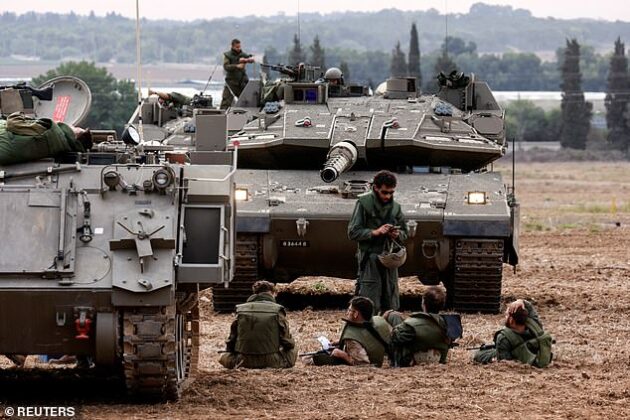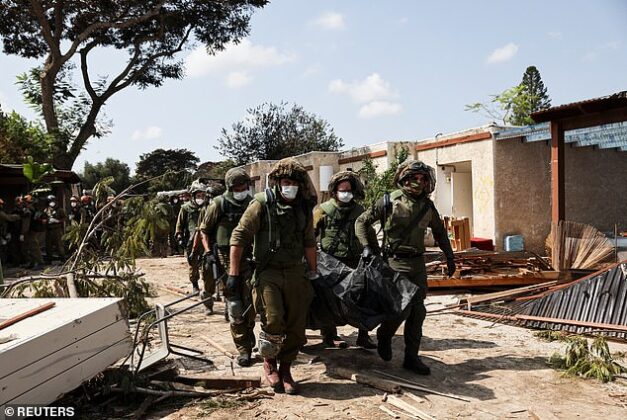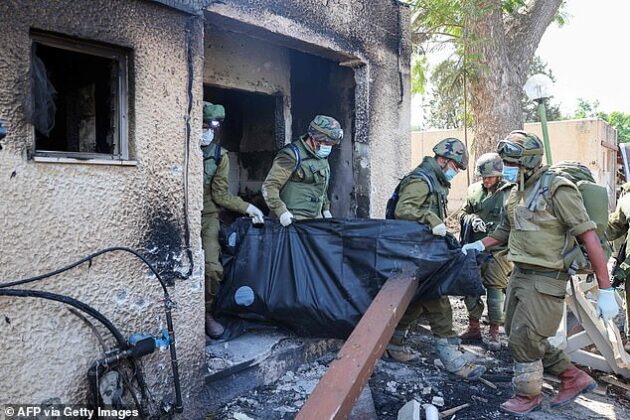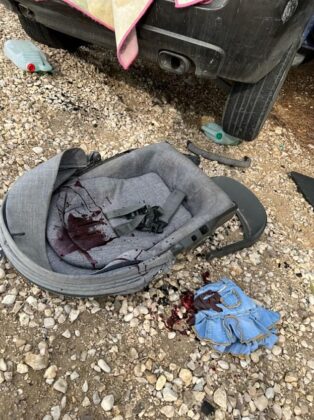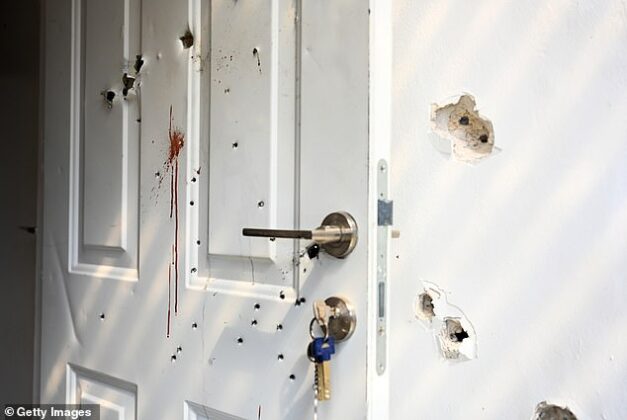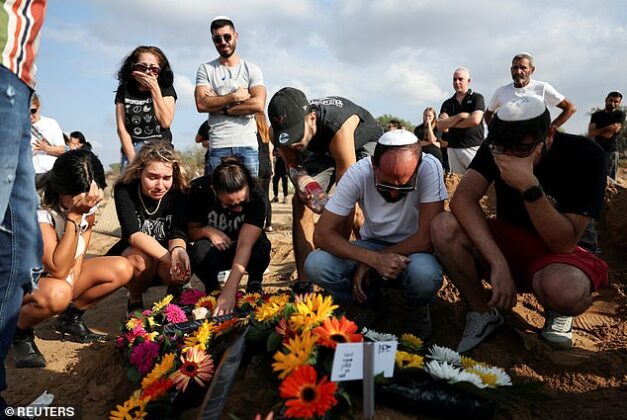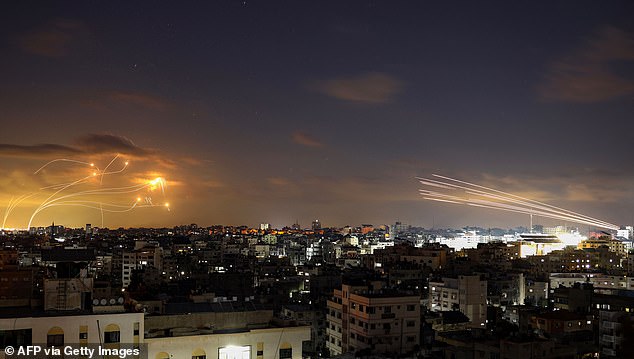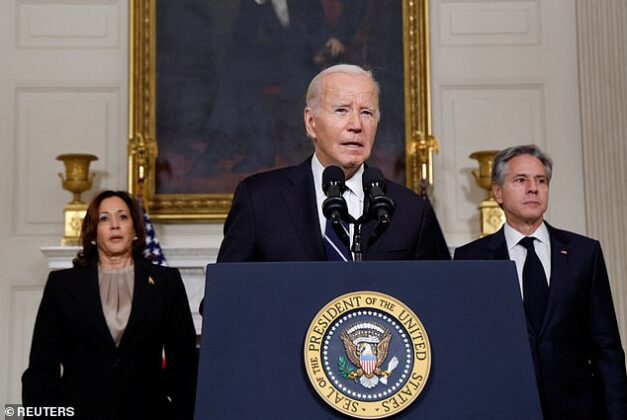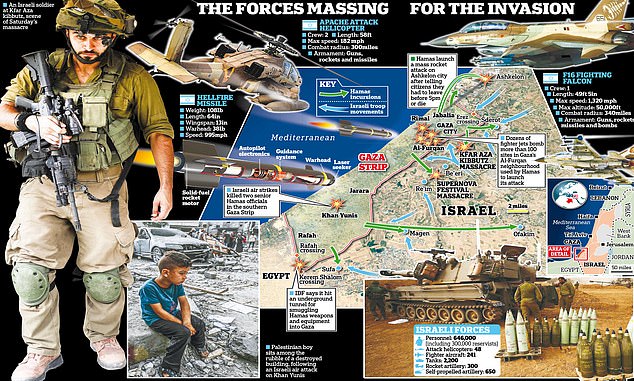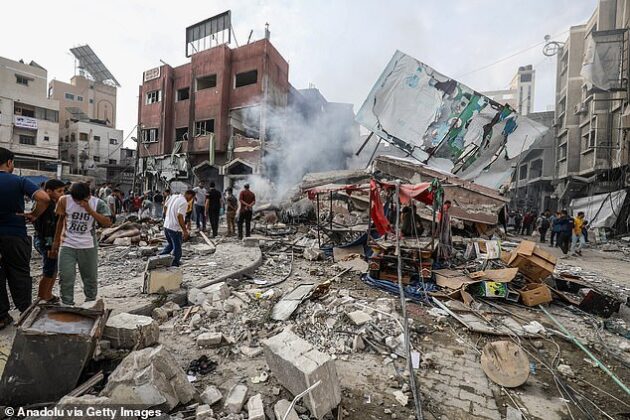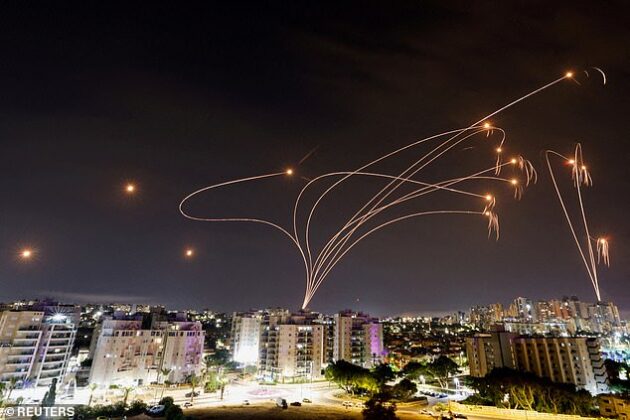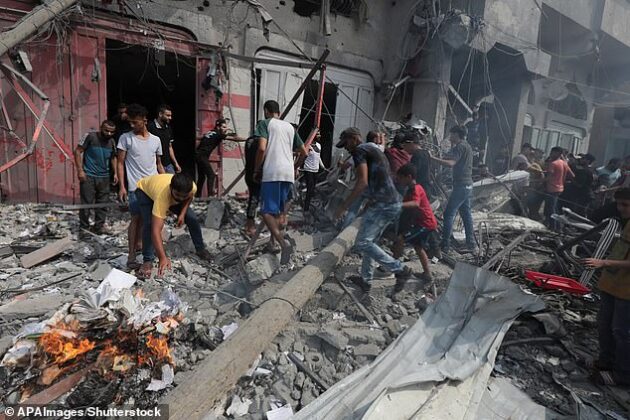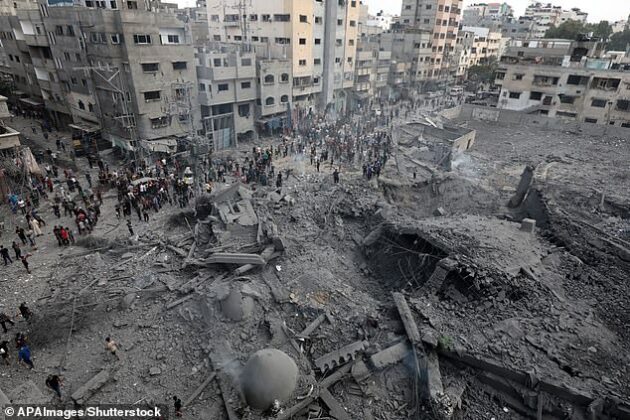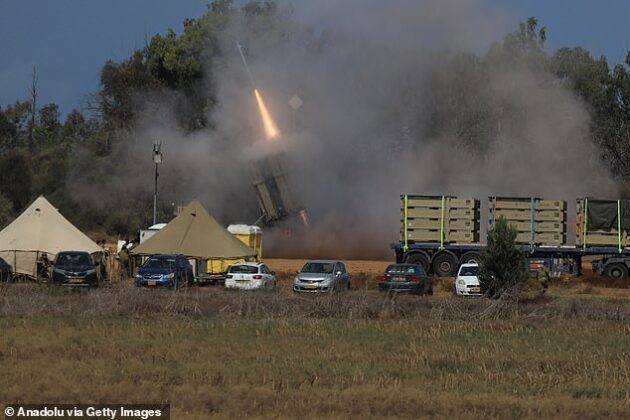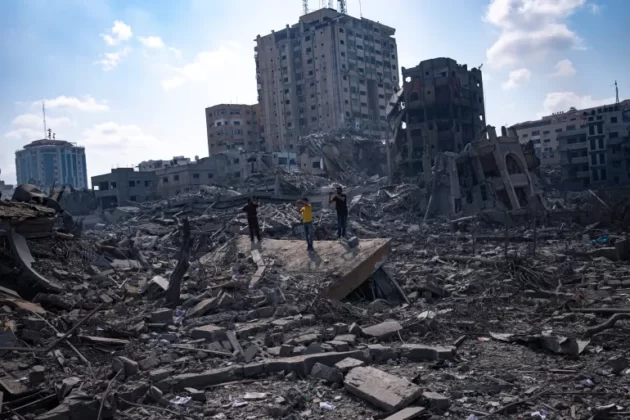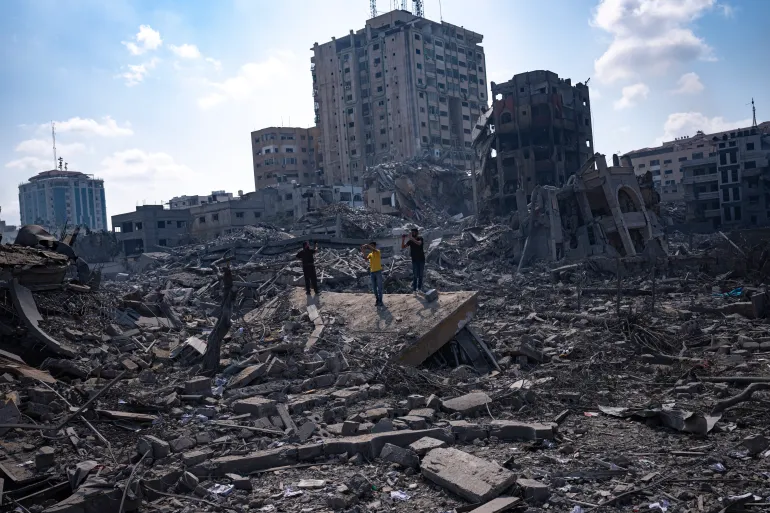
Jamal Al Zinati is in a state of shock and disbelief.
The 33-year-old is a perfume dealer, but today, it’s the stench of death and destruction that’s overpowering — in his neighbourhood and all of the Gaza Strip.
Jamal is sheltering in a classroom of a school run by UNRWA — the United Nations Relief and Works Agency for Palestine Refugees in the Near East — after his entire neighbourhood was blown up by Israeli missiles.
As the war between Israel and Hamas rages for a fourth straight day, once-vibrant neighbourhoods in central Gaza City now lie in ruins. Amid the unrelenting explosions, thousands of people have been left with no choice but to seek shelter in overcrowded public spaces and schools, hoping for relative safety. In addition to Israel’s air-tight blockade, the destruction wrought by the bombing has further shrunk the space available for them to live, to survive, to breathe.
Entire families find themselves homeless, their neighbourhoods flattened. Across the Gaza Strip, plumes of smoke haze the skyline.
“When we ran out the door, all we thought was Israel probably would just threaten us to leave to push fear in our hearts,” Jamal says. “I did not believe they would air strike the whole area and leave it in black ruins.”
That includes his home, a place he recalls as filled with happy memories that meant “everything” to his family. “It’s where we lived happily, celebrated birthdays and built dreams.”
“Now, it’s nothing but rubble,” he whispers, tears welling up in his eyes. “We fled to a nearby school for safety, but we are crammed in here with hundreds of others. There’s no space, and our children cry themselves to sleep every night.”
Yet even in the schools where the people of Gaza are taking shelter, their lives as marked with deprivation amid a looming humanitarian catastrophe. The blockade means the Gaza Strip is dependent on Israel for supplies of food, fuel, medicines and electricity. Now, Israel has said it will cut even those essential supplies — a decision that under international law could constitute a war crime.
Already, basic necessities are in short supply. “We barely have enough food to feed our children,” says Zainab Matar, a mother of four. “Clean drinking water is a luxury, and we can’t keep our children warm at night because we lack proper clothing.”

